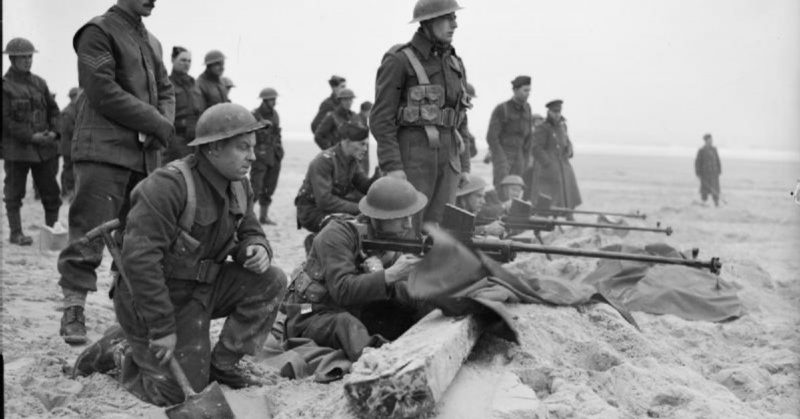The Pearl Harbor attack by Japan against America is one of the most devastating surprise attacks in modern history. The nation still mourns and U.S. President Franklin D. Roosevelt correctly called it a day that will live in infamy. The event continues to lead to questions about how an attack like this could happen.
After all, the nations had friction for years leading up to the event, and the US Navy even trained for war with Japan for the previous 20 years.
But a study of other surprises throughout history suggests that surprise isn’t a conspiracy theory to draw the nation into war, but happens more often than is commonly thought, and it reinforces why and how America should guard against the next one.
The biggest factor that helps surprise is the Boy Who Cried Wolf effect. In that story, the boy made so many false alarms that when the wolf actually attacked nobody believed him. In early December of 1941, intelligence officials received reports with numerous indications of the impending Japanese attack.
Historian Roberta Wohlstetter “argued that although there had been numerous warnings of a Japanese threat, the large ratio of extraneous noise to meaningful signals made analysis of the data difficult: ‘In short, we failed to anticipate Pearl Harbor not for want of the relevant materials, but because of a plethora of [signs.]'”
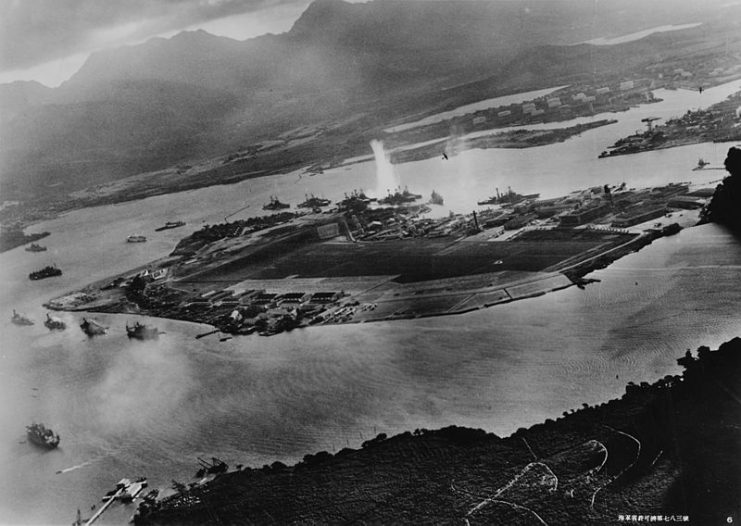
The volumes that intelligence services received at the time led to a good deal of chaff and useless intel that obscured the accurate intelligence. It is easy to notice the correct reports after the fact, but it was difficult to identify them at the time, especially after the US Navy had issued several alarms in the previous months.
Combined with numerous false alarms in the weeks before the attack, such as a “war is imminent” telegram on November 27, the military had general warnings but nothing specific and it made the Pearl Harbor attack a stunning surprise from Japanese forces.
“On the same day as Kimmel, Lt. Gen. Walter C. Short, the Army commander, got a war warning of his own from Washington. The sending of two dispatches to Oahu, one per service, reflected the peculiar reality that no single person commanded the military there. The duality could easily lead to poor assumptions about who was doing what, and it did.
Seeing nothing in the Army’s warning about a threat to Oahu, Short opted to guard not against an external threat, but against saboteurs who might be lurking among the thousands of Oahu residents of Japanese descent.”
Additionally, Harvard historian Ernest May says that Pearl Harbor military leaders were told in the spring of 1941 to be aware of Sunday attacks.
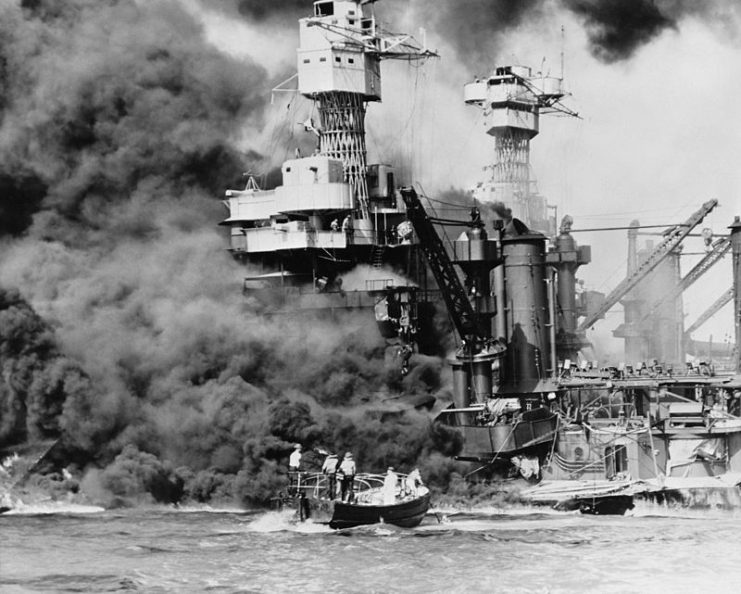
A year earlier the French experienced a devastating surprise attack by the Germans. France and Great Britain declared war on Germany when the latter invaded Poland in the fall of 1939. During the winter, so little happened between the belligerents that they called this period the Phoney War.
They were in a state of war against an aggressive enemy and they knew an attack was coming. But they didn’t know the “when” and were surprised by the “where” of the attack. As a result, when the Germans unleashed their devastating blitzkrieg against France the following spring, France collapsed a mere 6 weeks later.
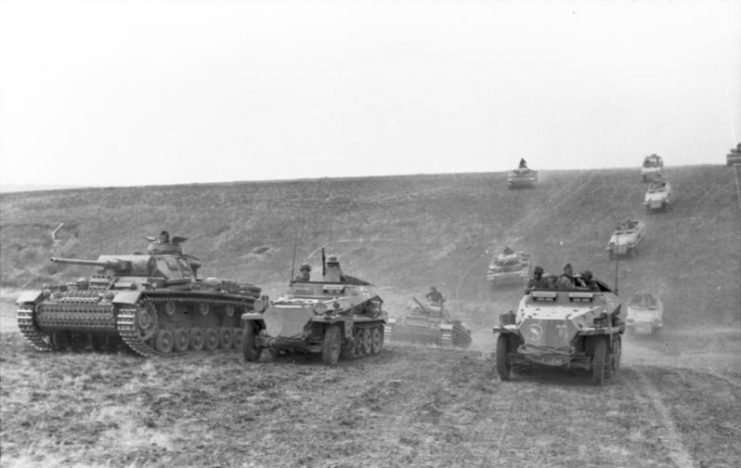
A part of this had to do with where the Germans attacked. The Allies expected an attack similar to Germany’s attack in World War I through the relatively flat plains of Belgium, and rushed to meet the Germans there.
But that only moved the Allied forces into a trap when the Germans attacked through the Ardennes forest. The Ardennes forest attack was such a surprise because it was considered an unsuitable location for a massive, armored attack.
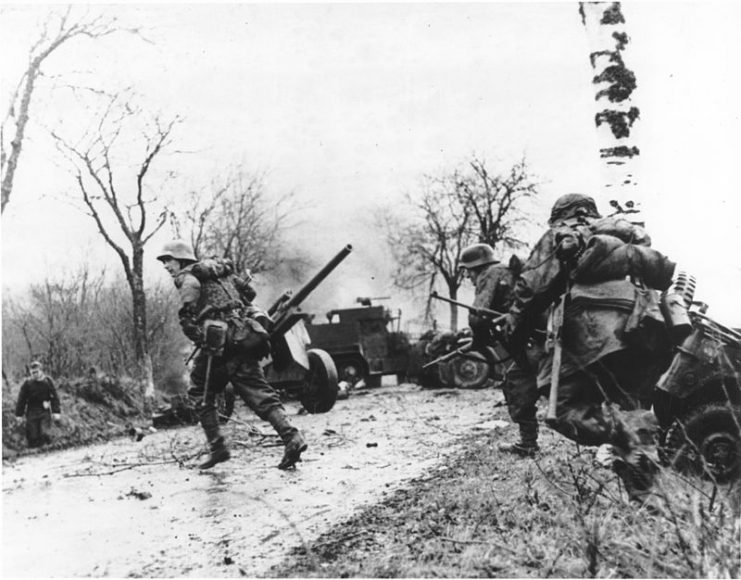
But the biggest surprise was created by the same factors that surprised America. The Germans delayed their invasion of France several times while the high command tinkered with the details. “But when all of the troops were finally in place, nothing happened….H[itler] issued a weather-related postponement, pushing back the invasion date by three days. Shortly thereafter, he issued a second postponement, pushing the date back another ten days. Fourteen additional postponements followed.”
Thus, when the Germans were ready to invade, they had moved so many units into place, creating so many false starts and people who cried wolf, that additional movements were considered too minor to be a signal for an attack. The French misread the relatively small troop movements as insignificant, disregarded the signs of an impending attack, and six weeks later Paris fell.
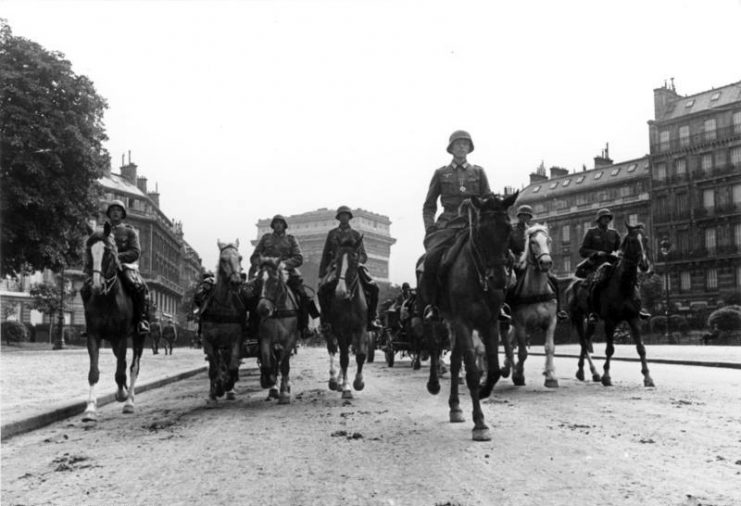
Today, given the continuing threats from a nuclear North Korea, aggressive China and Russia, and numerous terrorist attacks, it is important to remain vigilant. Since 1949 China has fought preemptive, offensive wars with each of their neighbors. A missile strike at the US fleet based in Japan remains a distinct possibility.
The North Korean regime has shown little ability to operate within traditional international frameworks, which means the Cold War policy that contained and deterred a nuclear Soviet Union doesn’t apply to them.
Despite Mitt Romney being mocked for listing Russia as a geopolitical threat, it has shown a tendency to use aggressive and subversive action with both traditional and nontraditional means, such as cyber units, to seize or undermine territory stretching from the Crimean peninsula, and Ukrainian ships operating near it, to Montenegro.
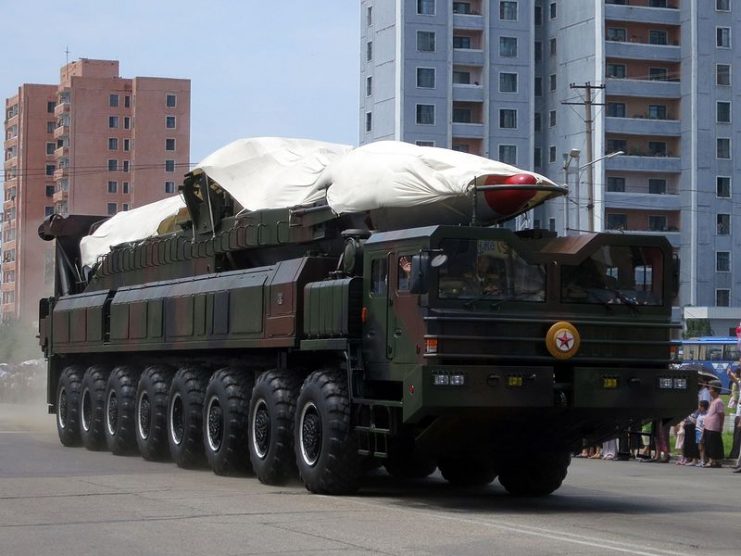
Read another story from us: The Japanese Tried A Second Raid On Pearl Harbor – It Was Not A Success
At the Gettysburg battlefield, President Lincoln said that the best way to honor the dead is to most highly resolve that the dead should not have died in vain.
We can honor the dead at Pearl Harbor by being vigilant in guarding against a potential next attack. The disturbances in the world can’t simply become background noise, but must be taken seriously every time. If these potential attacks are not taken seriously every time, despite the numerous times they turn out to be false alarms, then America could again be the victim of a sneak attack. After all, the price of liberty is eternal vigilance.
